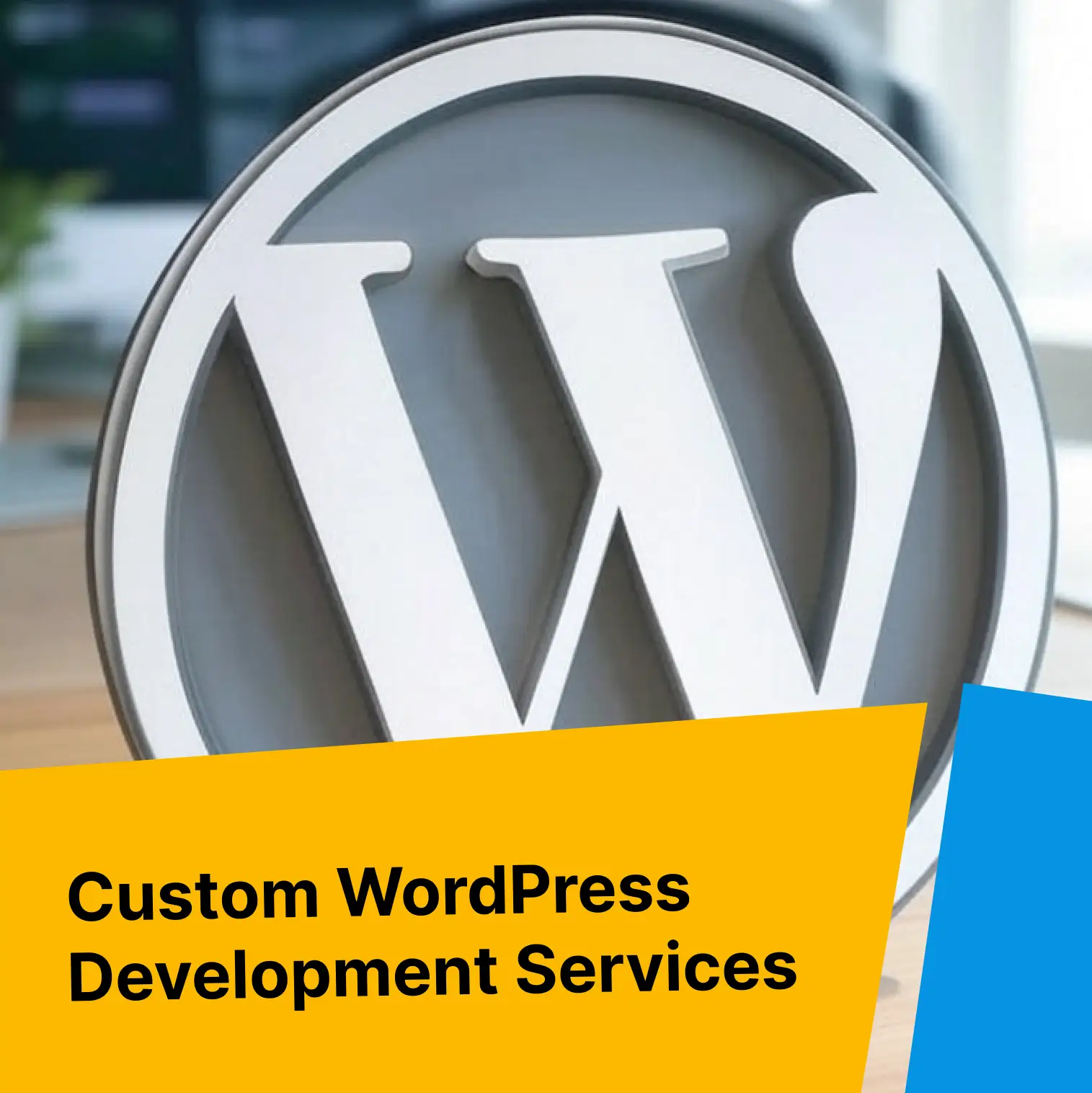Over the years, we’ve evaluated hundreds of websites in terms of security, page performance, and support. Our audits revealed a common thread among sites struggling with poor performance, security vulnerabilities, and overall dissatisfaction with support: GoDaddy.

Here are the Top 3 Reasons to Migrate off GoDaddy:
1. Poor Page Performance
One of the major reasons to migrate off GoDaddy is its inconsistent page performance. Slow-loading pages not only frustrate visitors but also hurt your search engine rankings. Search engines like Google favor fast-loading sites, and sluggish performance can lead to higher bounce rates and lower visibility. By migrating to a hosting provider like WP Engine, with advanced features such as built-in caching and CDN, you can significantly enhance your site’s speed, improve SEO results, and provide a better user experience.
2. Poor Support
GoDaddy’s customer support is often criticized for its slow response times and ineffective solutions. More often than not, instead of addressing issues directly, their approach involves pushing customers to upgrade to higher-tier plans. This upselling strategy frequently leaves users feeling frustrated, as the focus shifts from resolving problems to driving additional sales. The outsourced help frequently falls short, failing to meet the needs and expectations of users seeking timely and effective assistance.
3. Limited Scalability
GoDaddy is infamous for overcrowding their servers, which can severely impact website performance. This overcrowding leads to slower load times, increased downtime, and overall degraded user experience. When servers are overloaded, resources are stretched thin, resulting in sluggish performance and frequent interruptions. This is particularly problematic for websites with high traffic or those requiring stable, high-performance hosting. As a result, users often face frustrating delays and unreliable service, which can negatively affect both user satisfaction and search engine rankings.
Take Action: Don’t settle for less
Migrating off GoDaddy addresses critical issues such as poor page performance, lackluster support, and limited functionality. By choosing a more advanced hosting provider, you can enjoy better performance, enhanced support, and a richer set of features. Get in touch with us to request your migration today.
We’ll make sure the process is straightforward, easy to follow, and efficient.
Frequently Asked Questions
Migrating from GoDaddy can lead to improved page performance, better customer support, and access to advanced features like automatic backups, built-in caching, and staging sites. These benefits enhance SEO, user experience, and overall site reliability.
Migrating from GoDaddy can lead to improved page performance, better customer support, and access to advanced features like automatic backups, built-in caching, and staging sites. These benefits enhance SEO, user experience, and overall site reliability.
Slow-loading pages can result in higher bounce rates, lower search engine rankings, and a negative user experience. Faster page speeds are crucial for retaining visitors and improving your site’s visibility on search engines.
Seek a provider that offers robust support, superior performance features (like caching and CDN), scalability options, and a user-friendly dashboard. Features like automatic backups and staging sites are also valuable for managing your website effectively.
Choose a hosting provider with migration support and tools to help you transition smoothly. Prepare by backing up your current site, reviewing your hosting needs, and planning the migration process to minimize downtime.
If done correctly, migration should not negatively impact your SEO. In fact, improving site performance and reliability can enhance your search engine rankings. Be sure to follow best practices for migration and monitor your site’s performance post-migration.











